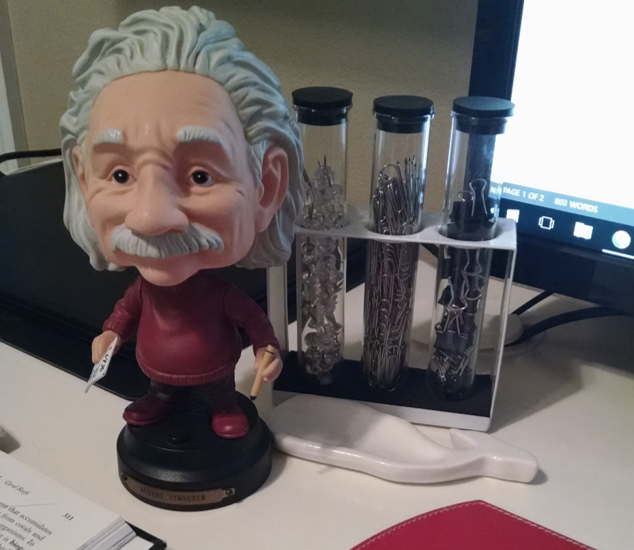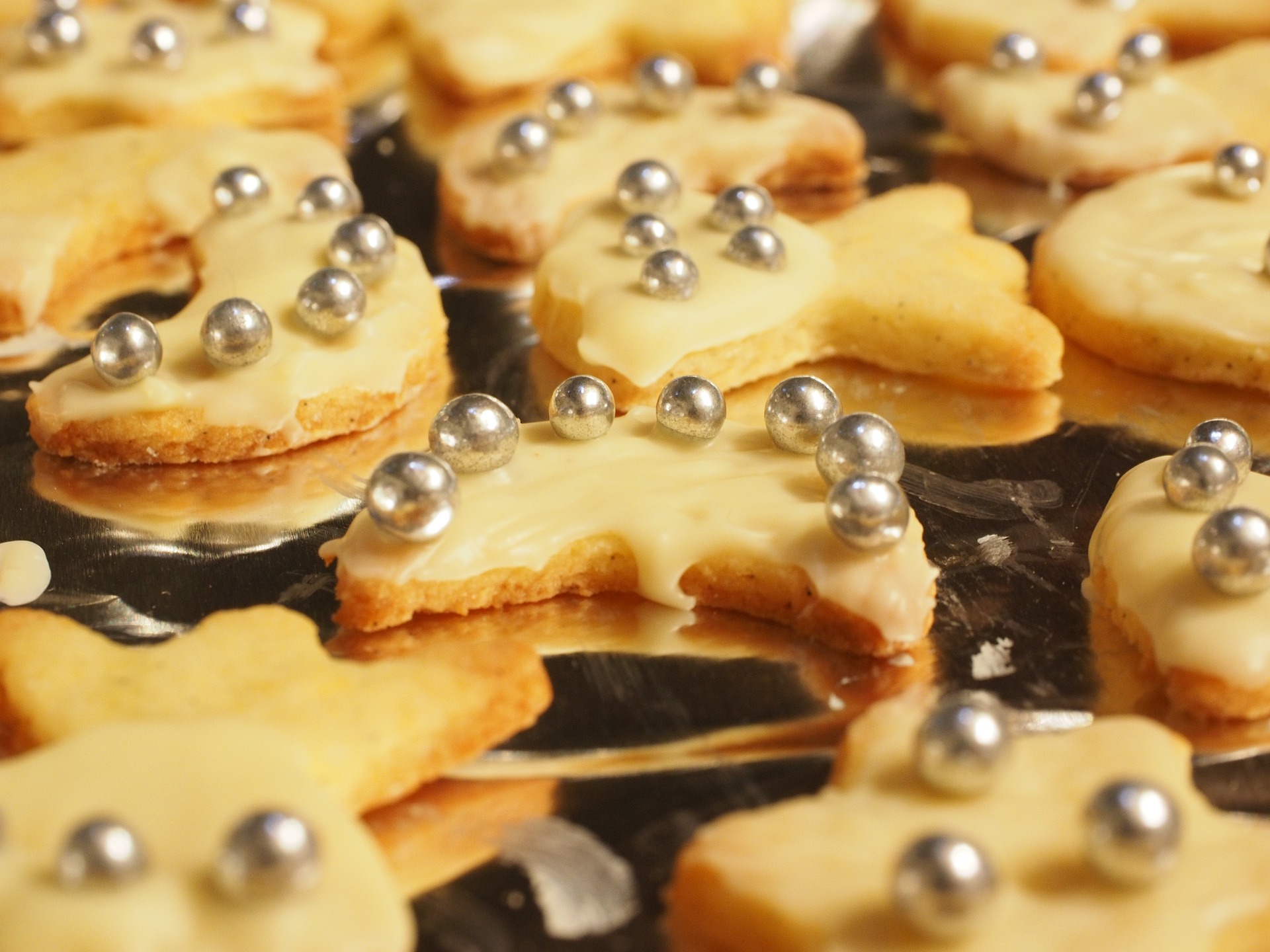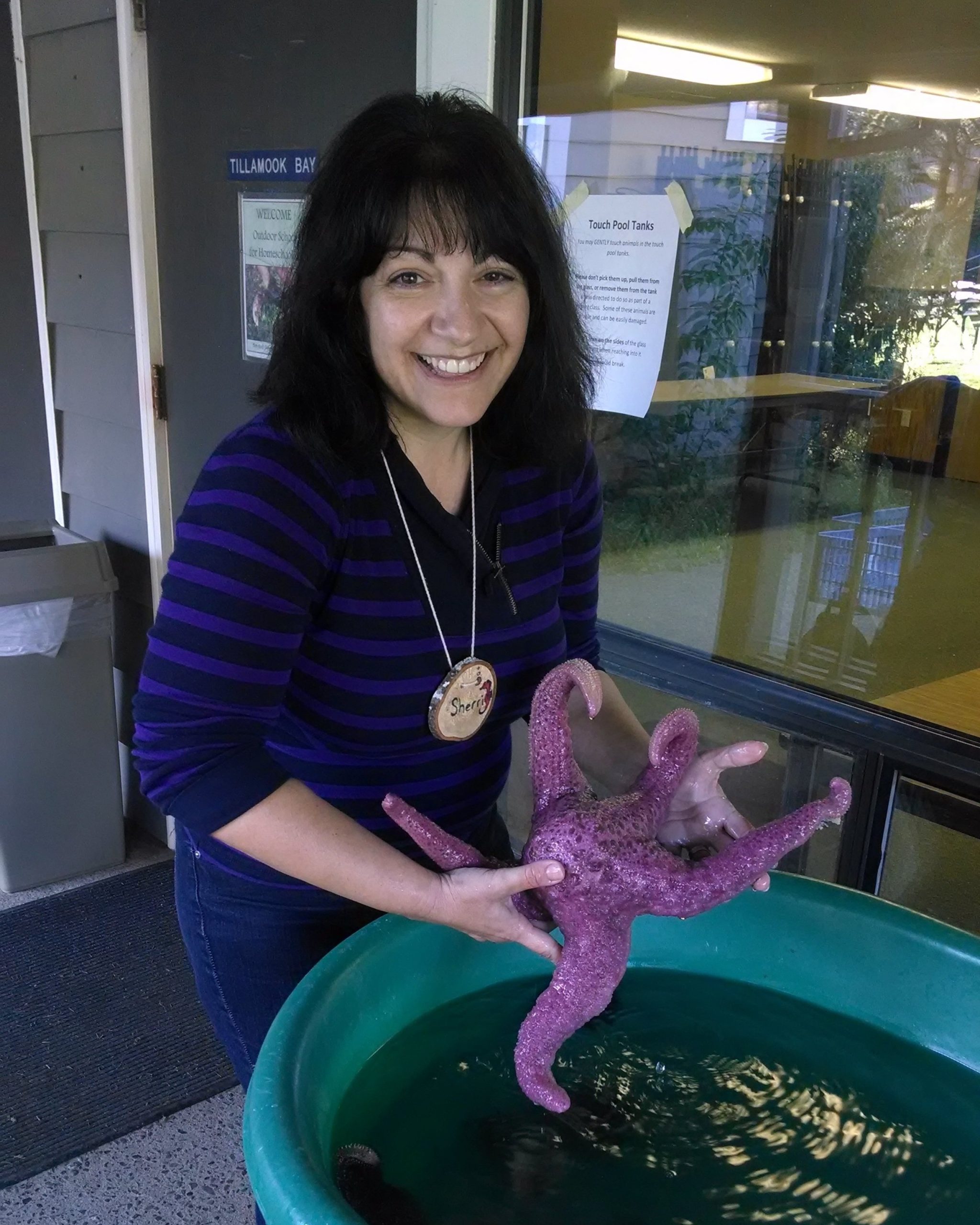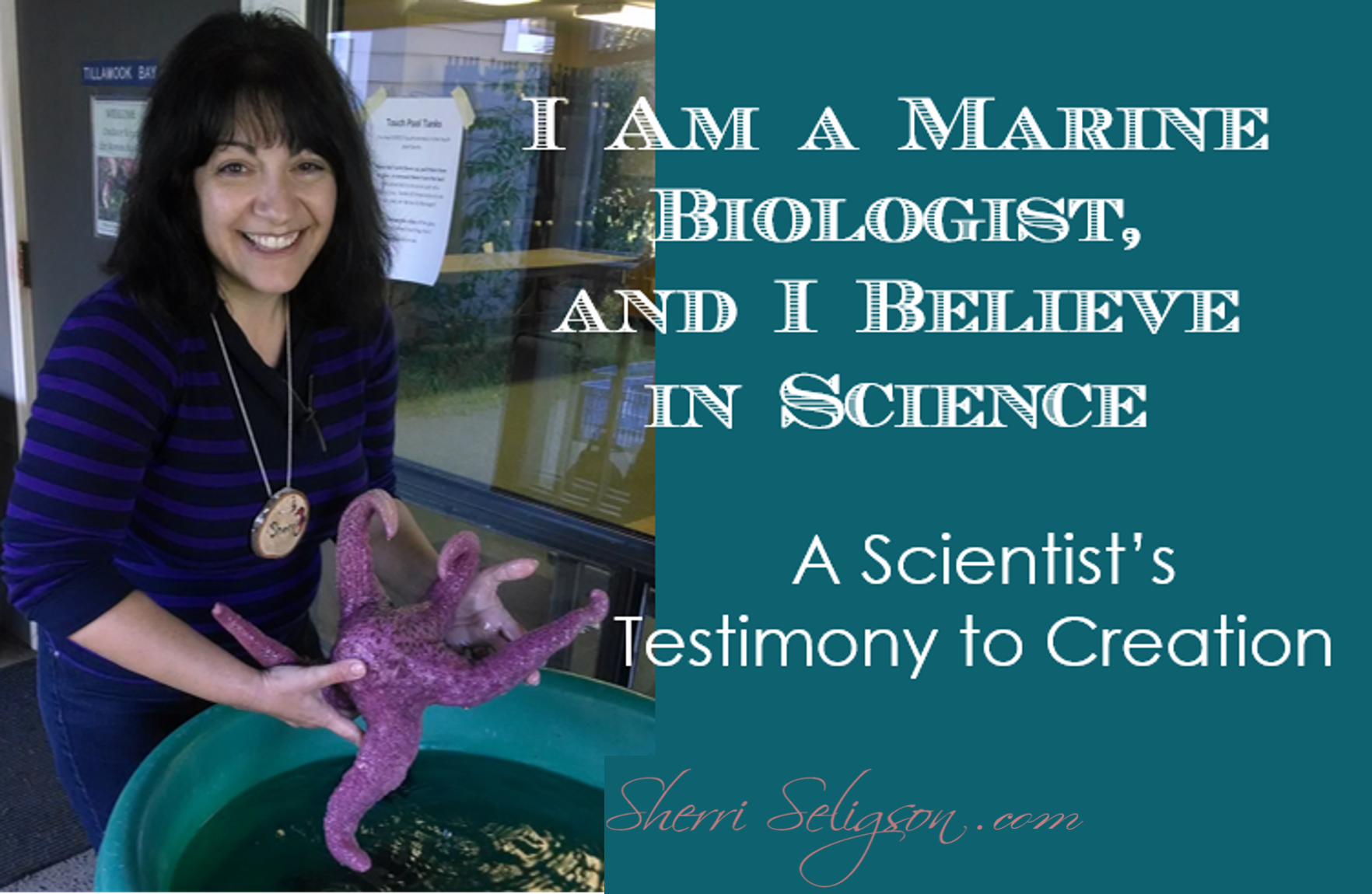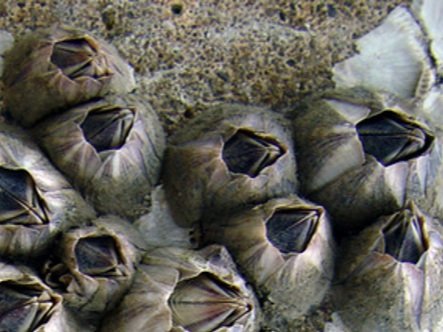
I get it. With thousands and thousands of students in a school, combined with millions of students nationwide, you need some way to assess their performance to help identify those who are “achieving.” It is a common-sense solution to an industrial situation.

This is the same reason there are quality control scanners on an assembly line to make sure a product is acceptable.
I totally get it.
But when it comes to the education of human beings, the idea of standardization just doesn’t work. Yes, we all have human brains. But the similarities end right there. Despite all our advancements in science, we still cannot quantify the way our brains work, the capacity for creativity and understanding, or the interconnectivity of the neuron network. Each individual is just that.
Individual.
So when we try to assess performance and ability with standard exams, we are really not getting the complete picture of a student.
You have probably heard how Albert Einstein, arguably one of the most brilliant minds known, failed high school. Actually, he did not fail. He just excelled so greatly in math that he spent most of his time doing advanced math and science courses. Thus, he didn’t study most of the other subjects. When he took his entrance exams for the prominent Federal Academy, he didn’t pass because he did poorly on the non-science subjects. So Albert had to “remediate,” going back to study the subjects he hadn’t had the chance to study.
As homeschoolers, we are doing things in a non-standardized way. We understand how our students learn and can adjust our teaching methods to fit their learning style. They may excel in some subjects and struggle with others. Let’s face it…we all excel in some and struggle with others, don’t we? In a brick-and-mortar school, advanced students have to slow down to keep up with the rest of the class. And students struggling with a subject are frustrated when the class moves too quickly for them. I REALLY admire how teachers in a large classroom have to try to meet all these individual needs. They can’t do it all, can they? So some students become bored while others get discouraged.
We, on the other hand, can slow down when we have a struggling student. And we can speed through lessons when we have one who really gets it, too. So most homeschooled students are ahead of grade level in some subjects and behind grade level on others.
Just like Einstein!

And that is OK. In fact, it is one of the advantages of schooling them at home.
But we LIVE in a standardized world. How do we help our students navigate that? How do we prepare them?
Again, it comes to tailoring their learning styles to the lessons you present. For example, one of my kids has mild dysgraphia, a processing issue where it is difficult to write what you are thinking. He has great reading comprehension and could verbally respond to questions, but when it came to writing them down, he struggled. We tried several ways to work through this, and often I let him type out his answers, which was easier for him. It took him much longer to work through this issue, but we kept at it, slowly building those writing skills as we more rapidly worked through the subject material.
Another one of my children struggled with ADHD. When he was younger, just getting him to stay on task was nearly impossible. I tried everything. I took away all distractions in the room. I kept it very quiet.
Once, I even tried having him take a small quiz while I put up one of those three-sided cardboard display boards around him. I peeked around the board 15 minutes later and guess what I saw? He was slowly running his fingernail back-and-forth across the little cardboard ridges.
Yep. Even cardboard distracted this child.
I wondered to myself, “How can a child who can sit for hours building advanced Lego models not sit for a few minutes to take a simple quiz?”
And then it hit me.
I grabbed one of his smaller Lego models. Then I found a small 15 question math quiz. I instructed him to do problem #1 on the quiz, then do Step 1 of the model. Then do problem two of the quiz and Step 2 of the model. And so on.
Do you know it took him all of 12 minutes to complete the quiz AND the model?
Now, short of having him enter his SAT exams carrying a bucket full of Legos, I had to take this new discovery and build on it. I first helped him to understand that he actually had the capacity to focus! He felt very accomplished that day. So we tried other ways to help him build his focusing skills. And he did better, though it took years.
You see, if someone had my kids take a standardized test at any point in their K-12 education, we would definitely see subjects where they did pretty well and others where they did poorly. Some of it would be due to gaps in our educational curriculum as compared to what the national system says should be taught (just like Einstein). Some had greater skill at actually taking a standardized test, with all its bubbles to fill in and the counting-down timers. Others did not.
The great moral to my story here is that each of us is created uniquely. Amazingly unique. We won’t all do well on standardized exams because PEOPLE ARE NOT STANDARD. Helping your students understand that from early on will benefit them as they navigate this inside-the-box world. Give them lots of opportunities to find areas they love…places where they excel. Use those areas as launching points to help build other areas.
Continue to encourage them. Learn what makes them tick. And know that God perfectly created them for a great purpose. Your goal is to help them find it and then give them the tools to pursue it!
This is the absolute BEST endeavor you can have. You are raising your children to seek God and discover how they can serve Him!



